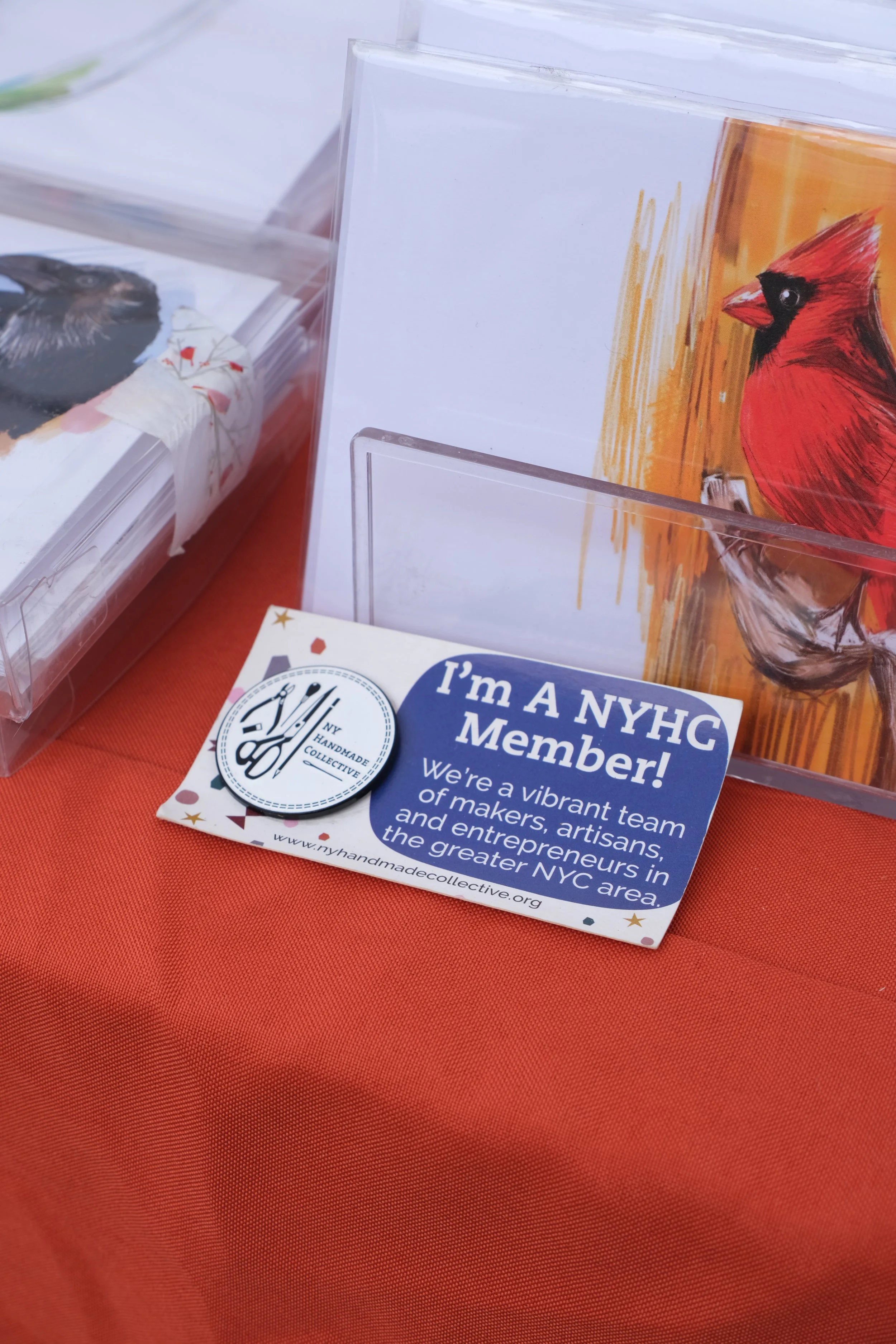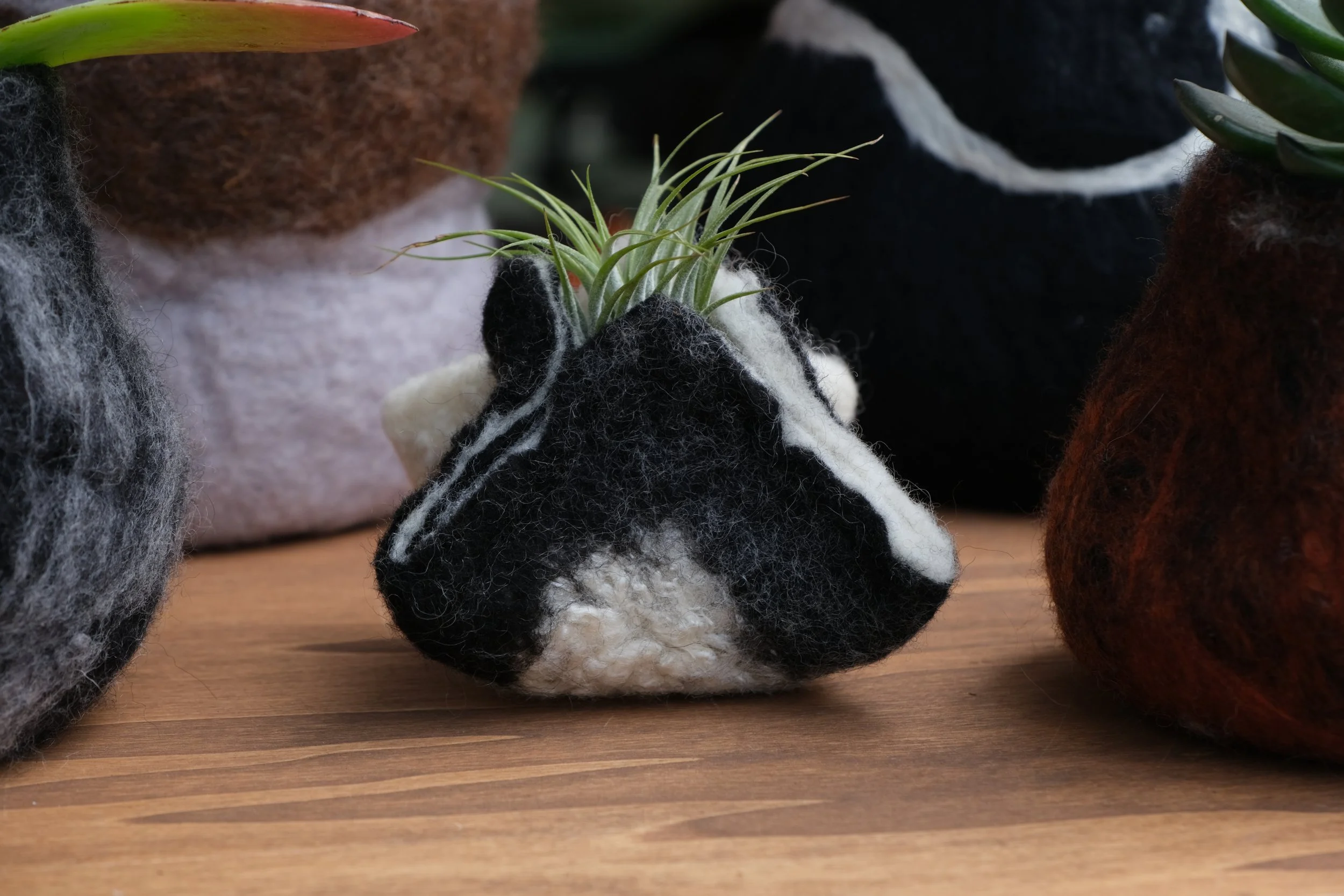"LinkedIn answers",
"LinkedIn discussion groups",
"LinkedIn profiles",
"LinkedIn searches",
"LinkedIn",
"Mary Ann Farley",
"etsy",
"facebook pages",
"how to use linkedin",
"maryannfarley",
"susan newman design",
"susan newman",
"twitter"
NY Handmade Collective
"LinkedIn answers",
"LinkedIn discussion groups",
"LinkedIn profiles",
"LinkedIn searches",
"LinkedIn",
"Mary Ann Farley",
"etsy",
"facebook pages",
"how to use linkedin",
"maryannfarley",
"susan newman design",
"susan newman",
"twitter"
NY Handmade Collective
Read More

